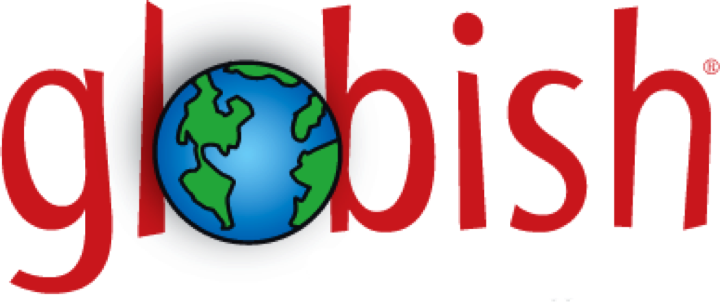Chapter 2: Esperanto vs… the World?
Natural languages come from unwritten languages of long ago, in the Stone Age. They are easy to learn naturally but hard to learn as a student. That is why many people have tried to invent a simple language that is useful and simple to learn. Perhaps the most famous of these invented languages is “Esperanto.” It was developed between 1880 and 1890 by Doctor Ludovic Lazarus Zamenhof. He was a Russian eye doctor in Poland. He said his goal was to create communication and culture-sharing among all the people of the world. He thought the result would be understanding by everyone. That would mean everyone would have sympathy with everyone else and this would avoid future wars.
Here is a example of Esperanto:
En multaj lokoj de Ĉinio estis temploj de drako-reĝo. Dum trosekeco oni preĝis en la temploj, ke la drako-reĝo donu pluvon al la homa mondo.
Easy for you to say… perhaps. But there was one big problem with Esperanto. No one could speak it. Well, not really no one.
After more than a century, there are about 3 million people who can speak Esperanto. And that is in a world of nearly 7 billion people. Sadly, many wars later, we have to admit the idea did not work as expected. For a while, Esperanto was an official project in the USSR, and in the People’s Republic of China. It is long forgotten in those countries now. There are no Esperanto guides in the Moscow or Shanghai railway stations to help passengers find their trains. We can only wonder what the world would be like if the Soviets had chosen Globish instead…

The 1st Esperanto book from Dr. Zamenhof
There are still people who believe in Esperanto. They still have their “special” language. Sometimes Esperantists make news when they speak out against Globish –- using English, of course. Thus any major newspaper story about Globish and Esperanto clearly demonstrates that Esperanto is not working. And it helps show that Globish gives us an opportunity to have – finally – a real global communication tool.
International Words
- Million
- 1,000,000
- Billion
- 1,000,000,000



